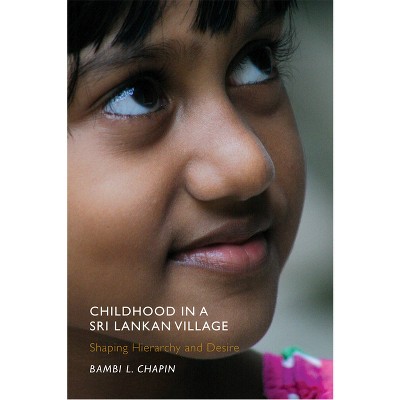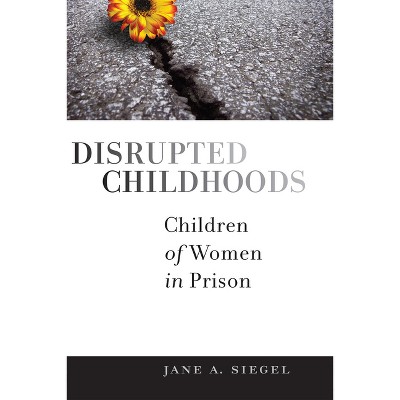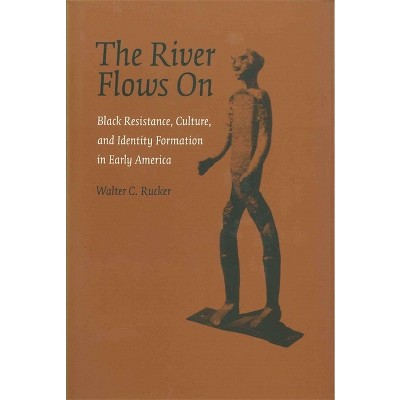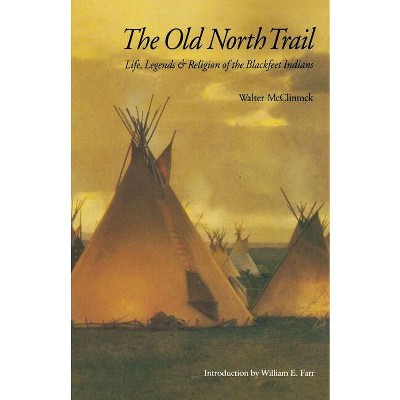Sponsored

Children of the Occupation - (Rutgers Childhood Studies) by Walter Hamilton (Paperback)
In Stock
Sponsored
About this item
Highlights
- Following World War II, the Allied Powers occupied Japan from 1945 to 1952, leaving a human legacy: thousands of children of Japanese mothers fathered by men from Australia, the United States, New Zealand, India, and Britain.
- About the Author: WALTER HAMILTON is a journalist with four decades of experience working for the Australian Broadcasting Corporation and the Australian Associated Press in Sydney, Canberra, London, Singapore, and Tokyo.
- 340 Pages
- Social Science, Ethnic Studies
- Series Name: Rutgers Childhood Studies
Description
About the Book
Following World War II, the Allied Powers occupied Japan from 1945 to 1952, leaving thousands of children of Japanese mothers fathered by men from Australia, the United States, New Zealand, India, and Britain. These mixed-race offspring, and often their mothers, faced intense discrimination. Based on interviews with or research on 150 konketsuji--a now-taboo word for "mixed-blood" Japanese--journalist Walter Hamilton presents vivid first-person accounts of these adults as they remember their experiences of childhood loss.
Book Synopsis
Following World War II, the Allied Powers occupied Japan from 1945 to 1952, leaving a human legacy: thousands of children of Japanese mothers fathered by men from Australia, the United States, New Zealand, India, and Britain. These mixed-race offspring, and often their mothers, faced intense discrimination. Based on interviews with or research on 150 konketsuji--a now-taboo word for "mixed-blood" Japanese--journalist Walter Hamilton presents vivid first-person accounts of these adults as they remember their experiences of childhood loss. Using archival material from organizations dedicated to assisting the children, he combines moving personal tales with historical and political analyses of international race relations and immigration policy, particularly in North America and Australia. Not only were attitudes and behaviors of the Japanese biased against the mixed-race children, but so were the restrictive and prejudicial immigration policies of the fathers' native countries. Japan's racial intolerance was fully matched in the nations it fought against. Hamilton examines how attitudes about race relations have evolved and traces the impact of racial ideology on national policy and cultural identity in Australia, Japan, and the United States.Review Quotes
"A deeply moving, well-researched account of an unfortunate human legacy of the Allied occupation of Japan: the lives and fates of the mixed-race children fathered and left behind by the occupiers when they left in 1951. The personal oral histories of these mixed-race children, now adults, are powerful witnesses to the human impact of war and occupation. Highly recommended."
-- "Choice" (11/1/2013 12:00:00 AM)
"A wonderful, moving, important book."--Paul Spickard "University of California, Santa Barbara" (10/3/2012 12:00:00 AM)
About the Author
WALTER HAMILTON is a journalist with four decades of experience working for the Australian Broadcasting Corporation and the Australian Associated Press in Sydney, Canberra, London, Singapore, and Tokyo. He is the author of Serendipity City: Australia, Japan, and the Multifunction Polis.











